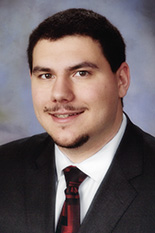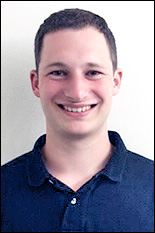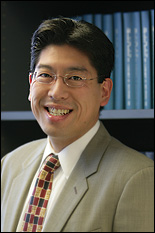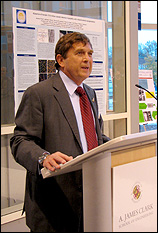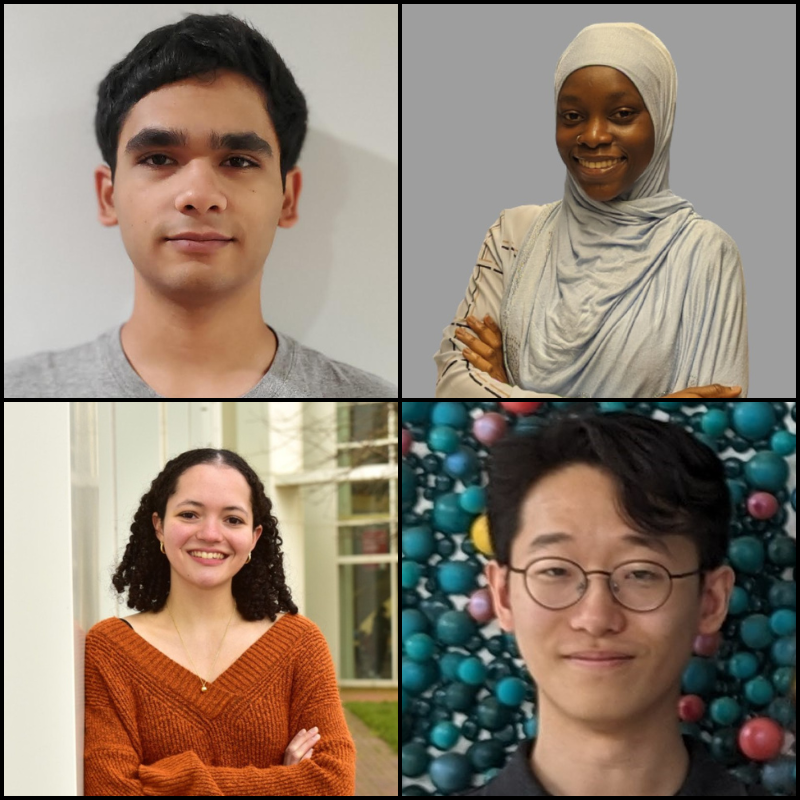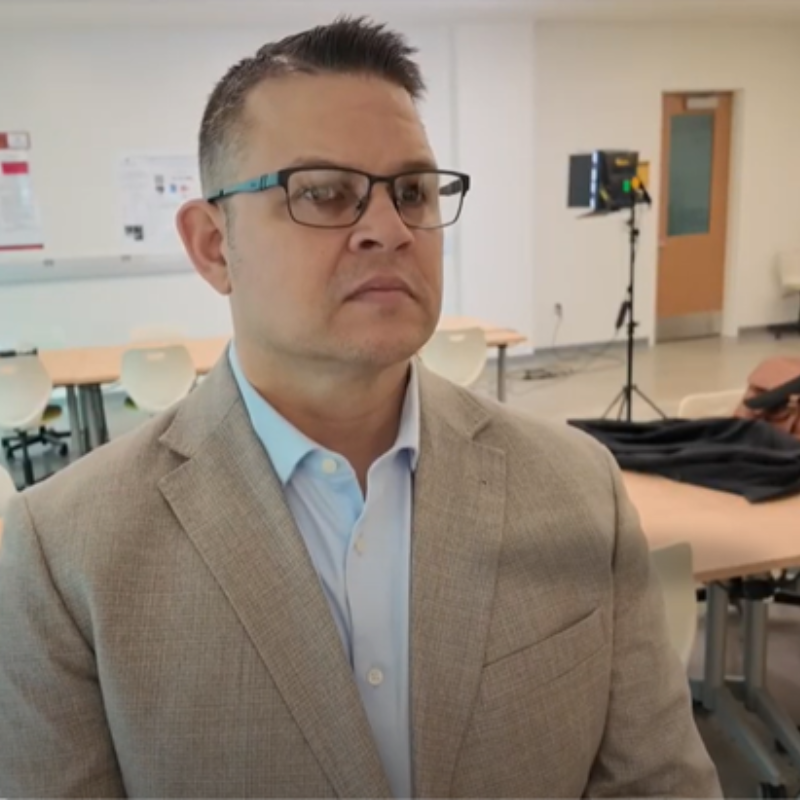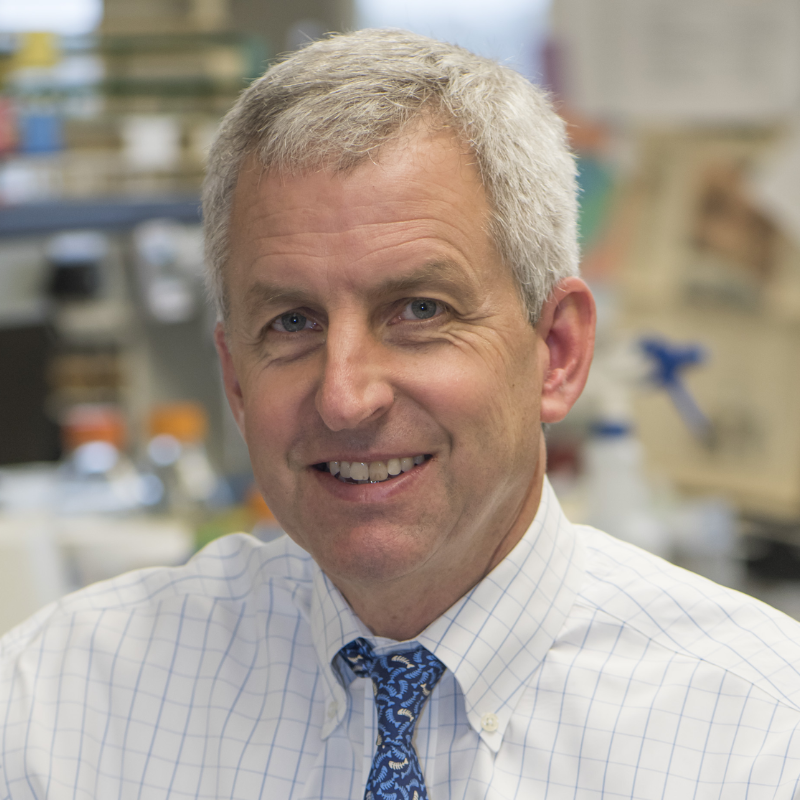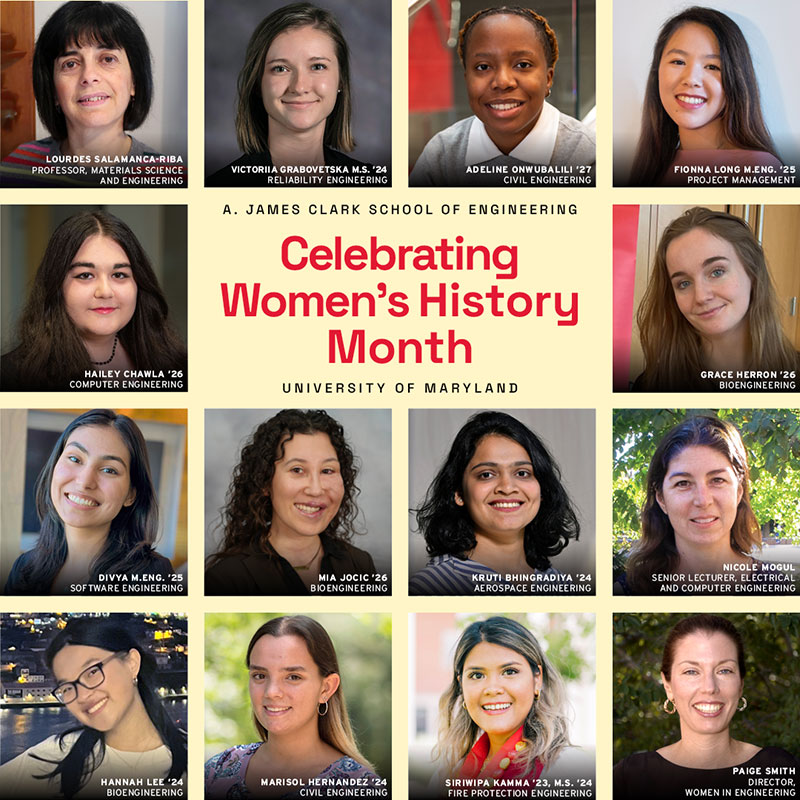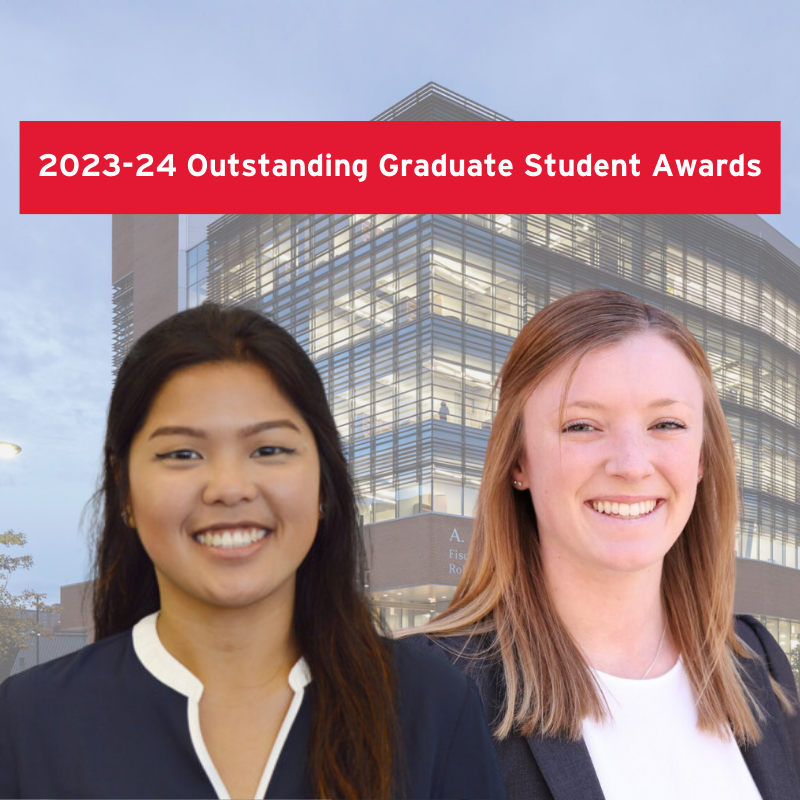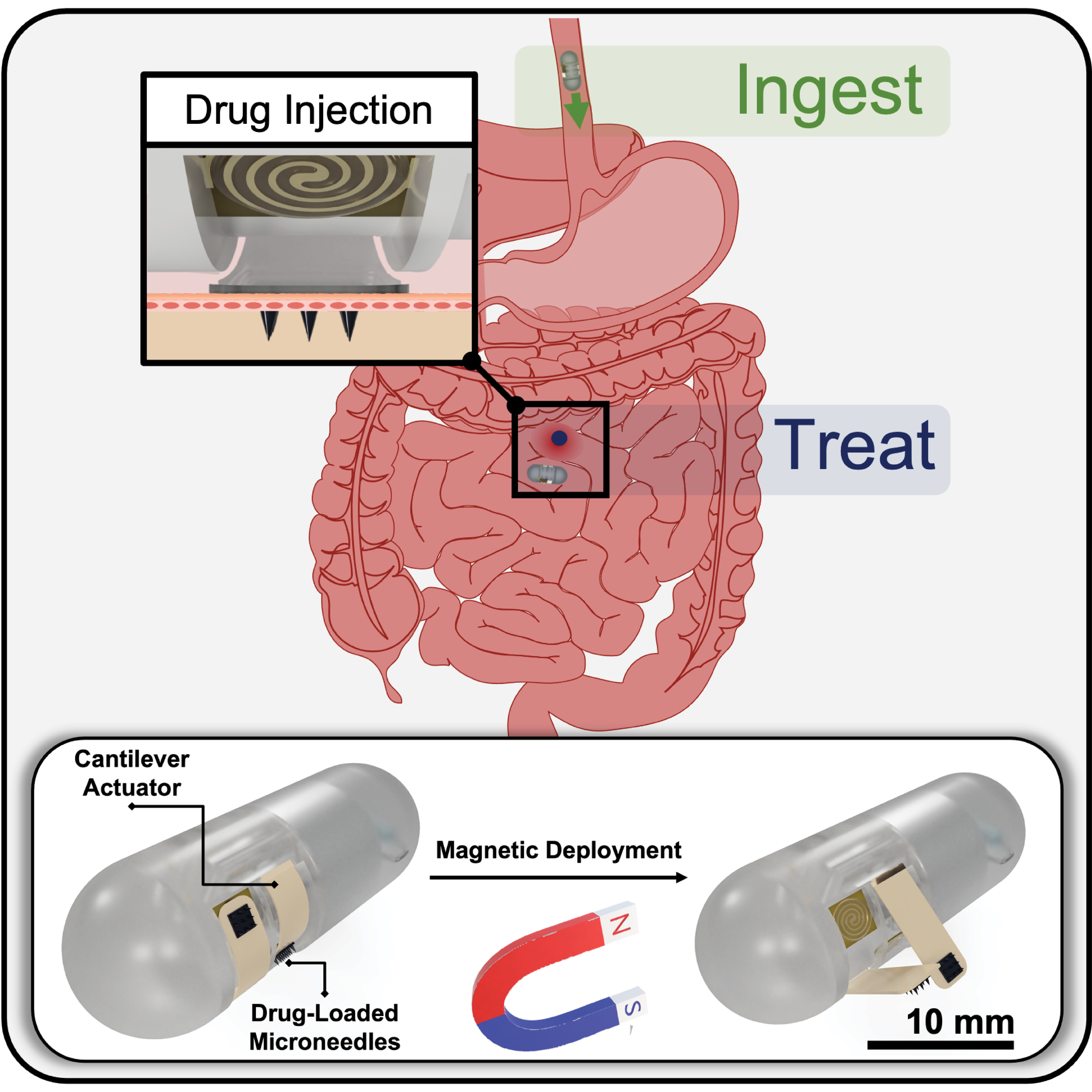News Story
Hsieh Receives Grant from Synthes, Inc.
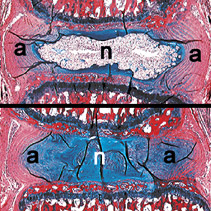
From the Orthopaedic Mechanobiology Lab. Top: a histology section illustrating the normal composition and microarchitecture of the intervertebral disc from the spine of a rat. The lab uses rats as a biological and biomechanical analogue to human discs for their experiments. Bottom: a disc that has been exposed to mechanical overloading, which induces degenerative changes that resemble what happens in humans during aging. It is one of the key pieces of evidence that the mechanical stresses that put on the spine every day contributes to the acceleration of degenerative processes in intervertebral discs.
Synthes is a leading worldwide manufacturer of devices and implants used in the repair, correction, and regeneration of human bones and tissues, with particular emphases on the spine, skull, face, and fracture healing. The company is also exploring biologics, non-invasive means of stimulating healing in cells. Synthes learned about Hsieh's research through University of Maryland shock-trauma surgeon Robert O'Toole, with whom Hsieh is studying intermediate-stage bone healing, and felt the Orthopaedic Mechanobiology Lab was a good fit with their interests and goals.
Hsieh's lab studies the role of mechanical stress on the behavior and biological response of musculoskeletal tissues, with a particular focus on the spine. The group’s main body of research seeks to explain how intervertebral discs degenerate, and how to heal damage to them. In addition to Synthes, the Orthopaedic Mechanobiology Lab has also received funding from or partnered with organizations such at the National Institutes of Health (NIH) and the National Institute of Standards and Technology (NIST).
Synthes’ nonspecific grant will allow Hsieh and his group to both continue current research and explore new territory in collaborative projects with other members of the university community, including O"Toole and Department of Mechanical Engineering Assistant Professor Miao Yu. "There is a culture of support in the orthopaedic community," Hsieh explained. "Industry often funds academic research even if it's not immediately tied to a specific product."
For more information on Hsieh's research, visit the Orthopaedic Mechanobiology Lab website »
For more information about Synthes, visit the Synthes, Inc. website »
Published February 26, 2007
